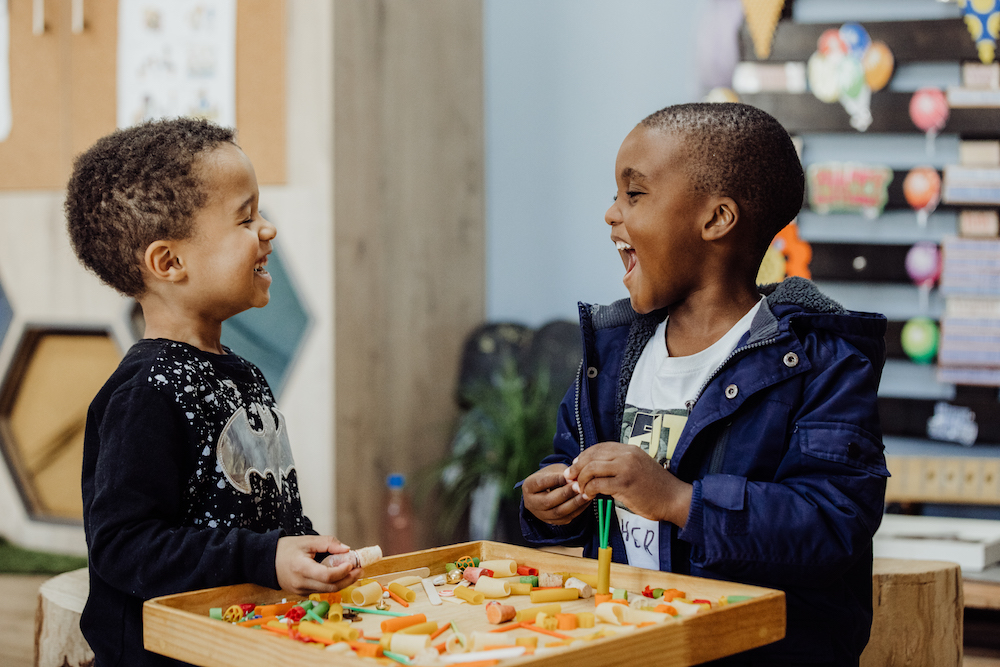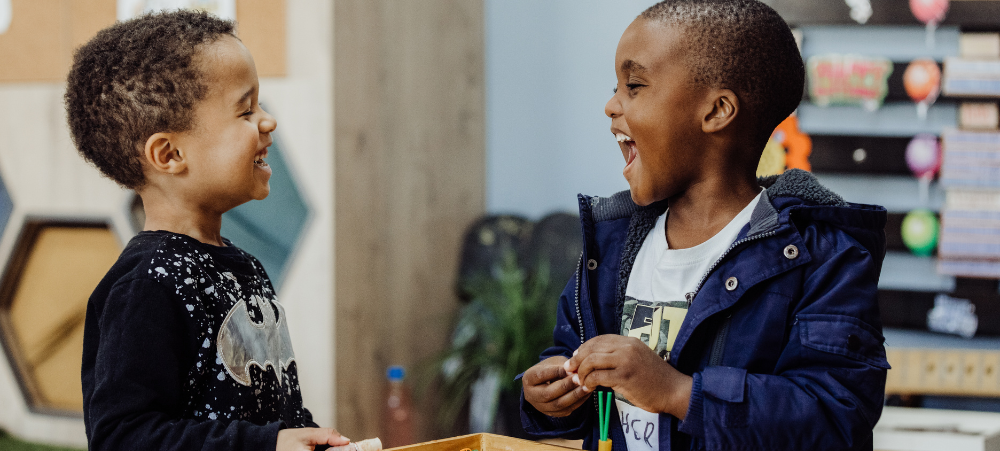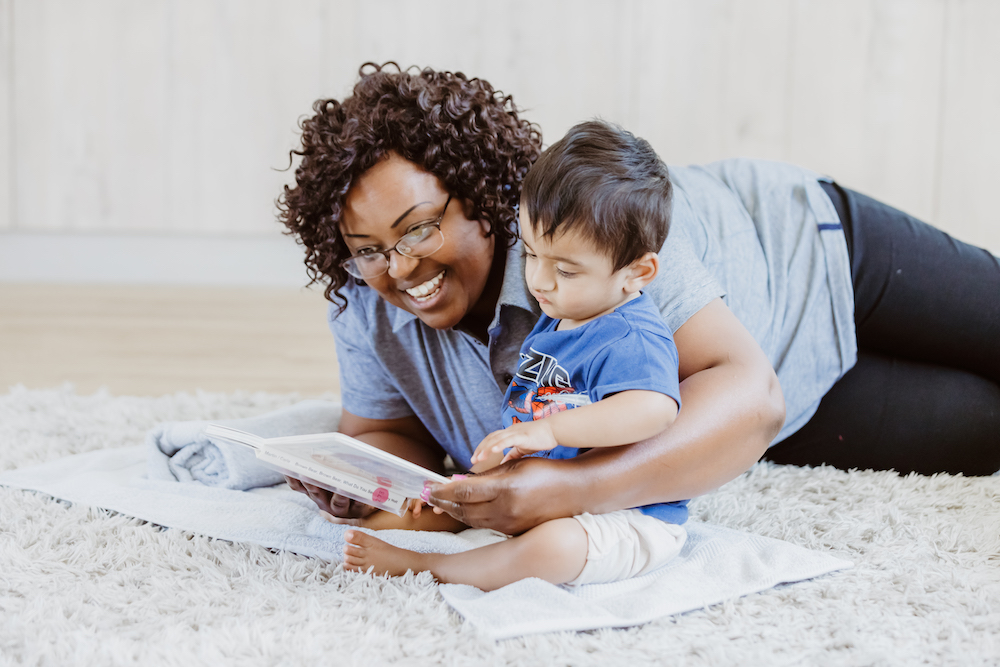Choosing the best preschool for your little one can be a daunting task – it’s your child’s first experience of school and the beginning of their formal educational journey. It’s therefore important for parents to ask helpful questions as they evaluate their options.
Janet Beyrooti, Preschool Curriculum Manager at Curro Holdings, the JSE-listed independent education provider, shares her tips for parents assessing preschools.
“When selecting a preschool, parents should focus on safety, the quality of the teachers, and the school’s approach to early childhood learning, making sure it supports brain development through play in a safe and caring environment,” says Beyrooti.
 Questions to ask
Questions to ask
- Will the school work on a practical and logistical level for our family? Parents need to ensure the school makes sense for their family. Is it easy to get to? Are the fees within their budget? What is and isn’t included in the fees (for example, is stationery included or are meals provided and are they balanced and healthy) and what is the fee schedule (monthly, termly, yearly)?
- Is the school safe? Does the school have strong safety policies and procedures? Are the staff trained in first aid? For example, Beyrooti says that preschool standard procedures should include strict health and safety rules, safe sleeping practices, thorough training in first aid and hygiene, and keeping a clean and safe environment for children to play and learn.
- Does this school offer a good start for my child’s learning journey? While preschool should not focus on academics in the same formalised way as primary and high school, it’s important that there is a good curriculum in place to help prepare children for the foundation phase of school, which begins at Grade R. “Our curriculum is based on research, ensuring children learn in a safe space both physically and mentally,” says Beyrooti. “Through teamwork, the learning and curriculum smoothly transition from one age group to another.”
- Will my child receive quality care? Apart from offering a comprehensive curriculum, a preschool should also offer responsive caregiving. “This refers to early childhood development (ECD) staff who understand each child’s needs and preferences. This personal care helps children feel safe and understood, promoting a positive learning environment,” says Beyrooti.
- Will my child be happy at this school? Happy children learn better. Plus, children who have good early experiences in school are more likely to have a positive attitude towards primary school and learning. Is the preschool a good fit for your child? Beyrooti says that Curro aims to make preschool a happy experience for babies, toddlers and young children by focusing on play-based learning, responsive caregiving, and the assurance that both they and their parents feel safe and supported. “Our ECD staff understands that children have different needs, likes, and dislikes, and this helps to create a loving and personal environment,” she says.
Other questions parents may want to ask include the teacher-to-learner ratio, what the policy is when children get sick, what an average day looks like for their child’s age group, and how the school communicates with parents.
“Parents need to evaluate their options and then select a preschool that promises the best beginning for their little one,” says Beyrooti. “Ultimately, you’re looking for a preschool that places the child’s natural development – including their critical need to play – at the heart of its approach.”

Curro strives to contribute towards the sustainable growth of South Africa and beyond,
by widening access to quality schooling across a spectrum of education approaches. These include Curro, Curro Academy, Meridian, Select schools, DigiEd, National Certificate
Vocational education facilities, assisted learning facilities, as well as a digital learning
approach.
Curro Holdings provides an ethical, values-based environment, and offers a learner-centric, balanced, innovative and relevant curriculum across the various schools.
- Choosing a school with a strong approach to reading - November 26, 2024
- The importance of the child-teacher relationship at preschool level - October 3, 2024
- Unplugged coding in early childhood: Equipping your preschooler to succeed in the digital world - September 9, 2024


 Questions to ask
Questions to ask


